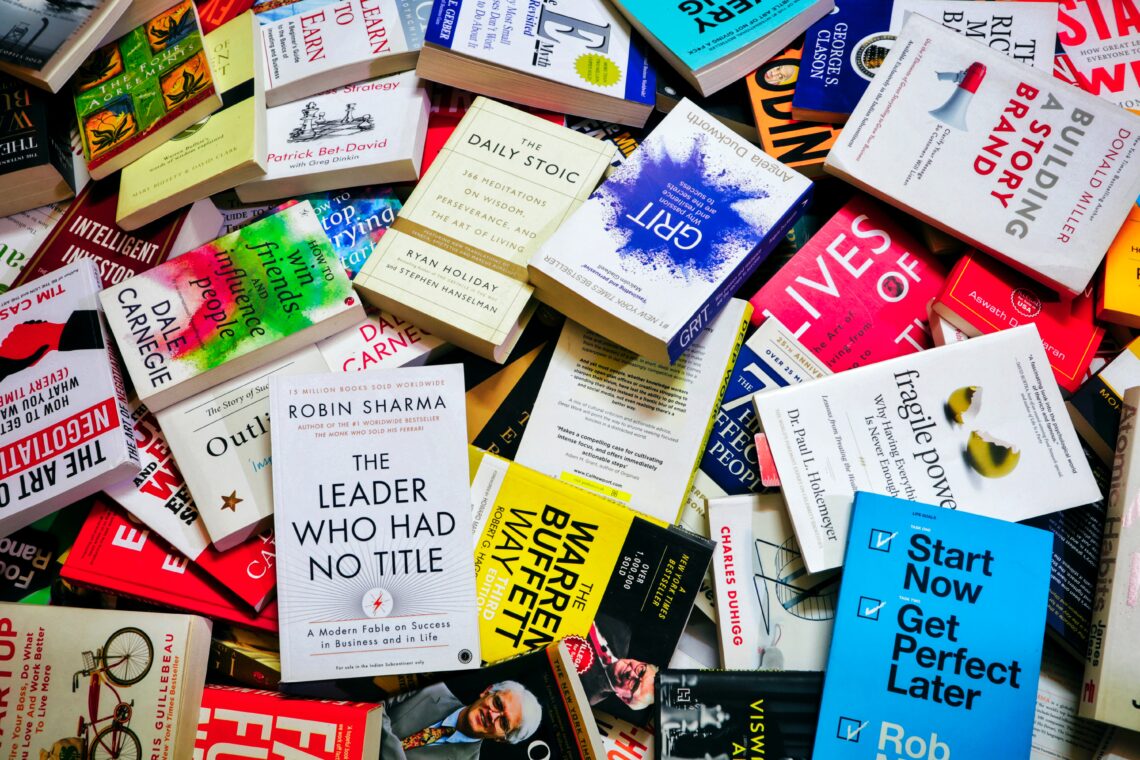
The dark side of the self-help industry
The self-help industry has a large follower base because of its ability to captivate and motivate those searching for the best version of themselves. The self-help market was valued at US$ 38.28 billion globally in 2019 and continues to grow each year, according to a report from Grand View Research.
The economic and emotional distress the pandemic has placed on many has only made people want to be more financially secure, less stressed and more self-aware. There has also been an increase in pressure to develop skills in order to satisfy company goals at home, outside of the office.
The concept of improving oneself is normalized in society. On New Year’s Eve people make a resolution that they attempt to stick with all year, until they make another resolution next year that is supposedly better. This repetition mimics the vicious cycle of the self-help industry.
Mentors and motives
A self-help guru is a teacher who contributes to the industry by providing their advice through mediums such as literature, seminars or classes. They often have overcome hardships themselves and made a positive transformation from the experience.
A common formula for self-help gurus is selling a bundle package where they make someone pay for a book or program. Once that person begins to think there’s something wrong with them, they purchase the guru’s line of products to treat it. One major example is Tony Robbins who has sold 15 million volumes of books, 50 million programs and seminars that cost $8,000.
The industry has been known to manipulate people to improve parts of their life that they didn’t know needed improving. One of the reigning champions of this technique is Gweneth Paltrow’s “Goop.”
Goop is a wellness brand aimed at enhancing the lives of consumers with whacky, yet trend-setting products. According to an article from the Rolling Stone, Goop sells products like vaginal stones that could potentially be dangerous. Goop also has a “Goop Lab” which is used to suggest unnecessary and potentially harmful practices. One example is vampire facials, which the Rolling Stone warns does more harm than good.
Some gurus make money by being egotistical. It’s too often that when an individual’s life did not improve after they used their services, the guru will insist they need to try again and try harder— rather than admitting that their philosophies may not work for everyone. That’s when the clients internalized failure sets in.
The mental cost of “improvement”
Often, the self-help industry manages to do even more damage to the human psyche. HighExistence says that excessively reading self-help literature is harmful because of the self-perception theory.
The self-perception theory is when an individual assesses their own behaviour and determines what made them that way. For example, if a person does not like to say no to people they may conclude that they are a people pleaser. HighExistence describes it as a person’s actions determining their emotions—but really, it’s the other way around.
If someone is reading exhaustive amounts of self-help literature or is endlessly searching for inspirational seminars, then that person is supporting the mentality that they need help or something is wrong with them.
However, there are some self-help writers and instructors who do care about those hoping to improve their life. Someone who is looking for personal growth should stick with gurus who encourage them to express negative feelings and do not pressure people to buy products.
An article by Tracking Happiness says that with a guru who is trying to help, a client can gain confidence, learn to problem solve and find unique ways to relieve anxiety or depression. The self-help industry reassures that no one is perfect and everyone has their struggles.
Problematic perspectives
However, this does not mean that the remedy should be forceful optimism or toxic positivity. HighExistence says that the self-help industry has brainwashed everyone into thinking that negative thoughts are the enemy. But in some cases, only imagining positive scenarios may not prepare an individual enough to overcome inevitable obstacles in their self-improvement journey.
Toxic positivity can push down negative emotions, invalidate feelings that should be expressed and make someone feel guilty for experiencing negativity.
The self-help industry and its culture can become harmful when approached incorrectly, but this does not mean that everyone should shy away from improving themselves. Instead, people should watch out for gurus who do not acknowledge that their methods may not work for everyone and that promote burnout or hustle culture.
Clients should gravitate towards gurus who offer guidance about problems they have experience in and encourage people to follow the advice at their own pace.
Most importantly, people should know that self-improvement can be a private journey rather than one that depends on the wisdom of a self-help guru.
About the author
Grace Nelson-Gunness is a reporter for Youth Mind. She enjoys watching Criminal Minds or reading a suspenseful horror-thriller novel while drinking a vanilla latte.







